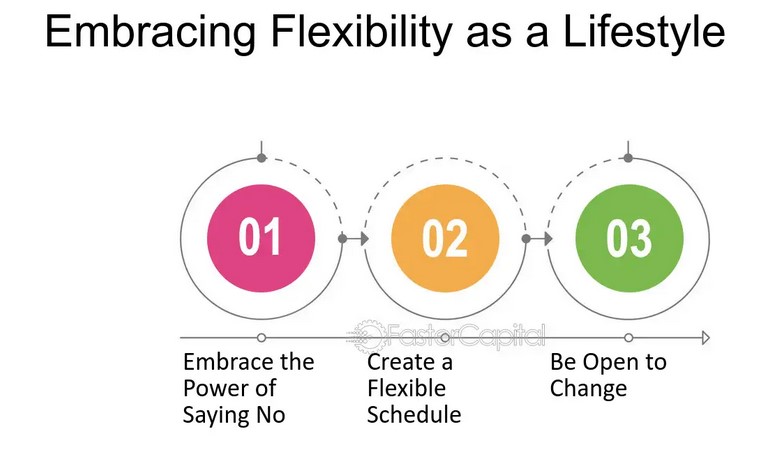In today’s fast-paced world, striking a balance between work and personal life is essential yet challenging. As someone who has navigated through various phases of life, including some tough times in my marriage, I’ve come to realize the importance of maintaining this balance for overall well-being and happiness. In fact, finding this balance reminded me of a resource I stumbled upon a while ago, the save the marriage system review, which offers insightful approaches to managing personal relationships effectively.
1. Prioritize Your Tasks
Start by identifying what’s essential. Prioritizing tasks can help reduce the feeling of being overwhelmed. Just like in a relationship, where you prioritize your partner’s needs (as highlighted in the save the marriage system), in life, you must identify which tasks require your immediate attention and which can be deferred.
2. Set Boundaries
Establish clear boundaries between work and personal time. This could mean setting specific work hours or having a dedicated workspace at home. Boundaries are crucial, not just in your work life, but also in personal relationships, as outlined in various articles like how to safeguard against potential boat thefts?, which metaphorically relates to protecting what’s valuable in life.
3. Take Breaks
Regular breaks are essential. They prevent burnout and improve overall productivity. It’s similar to the concept of taking a breather in a relationship when things get overwhelming, as suggested in many well-being guides like How to Enhance Your Well-Being with Simple Sound Exercises.
4. Delegate Tasks
Don’t hesitate to delegate. Sharing responsibilities at work can free up some of your time, just as sharing responsibilities at home can strengthen your relationships.
5. Make Time for Yourself
Personal time is not selfish; it’s necessary. Engage in activities that relax you and bring you joy. Whether it’s a hobby or just quiet time, this is as vital as any work task.
6. Stay Organized
Keeping your work and personal life organized can prevent unnecessary stress. Use tools and techniques to keep your tasks in check. An organized life is akin to a well-navigated relationship, where everything has its place and time.
7. Communicate Effectively
Open communication is key in both work and personal life. Express your needs and listen to others. This fosters understanding and cooperation, much like the principles laid out in relationship guides.
In conclusion, balancing work and personal life is an art that requires continuous effort and adjustment. It’s about making conscious choices every day to ensure that neither aspect of your life is neglected. Remember, a balanced life leads to a fulfilled life.
Embracing Flexibility in Your Schedule

One of the keys to achieving a harmonious work-life balance is embracing flexibility. Life is unpredictable, and sometimes, despite our best efforts to plan, things don’t go as expected. Being flexible allows you to adapt to unforeseen circumstances without undue stress. For instance, if an urgent work task clashes with a personal commitment, see if you can reschedule the personal engagement or delegate the work task. Flexibility in thought and action can make a huge difference in how you manage the pressures of daily life.
The Role of Technology in Work-Life Balance
In this digital era, technology plays a significant role in balancing work and personal life. The use of smartphones, laptops, and cloud-based applications has blurred the lines between the office and home, making it both easier and harder to separate the two. It’s crucial to use technology wisely – set limits on your availability after work hours and use digital tools to streamline your tasks. This will help you to be more present in your personal life and avoid the pitfall of always being ‘on-call’ for work.
Nurturing Relationships Outside of Work
While focusing on career and work goals is important, nurturing relationships outside of work is equally vital. Spending quality time with family and friends helps to recharge your batteries and gives you a sense of fulfillment beyond your professional achievements. It’s about finding joy in the little things – a family dinner, a coffee catch-up with a friend, or a quiet evening with your partner. These moments contribute significantly to your overall well-being and help maintain a healthy balance between your personal and professional life.




















